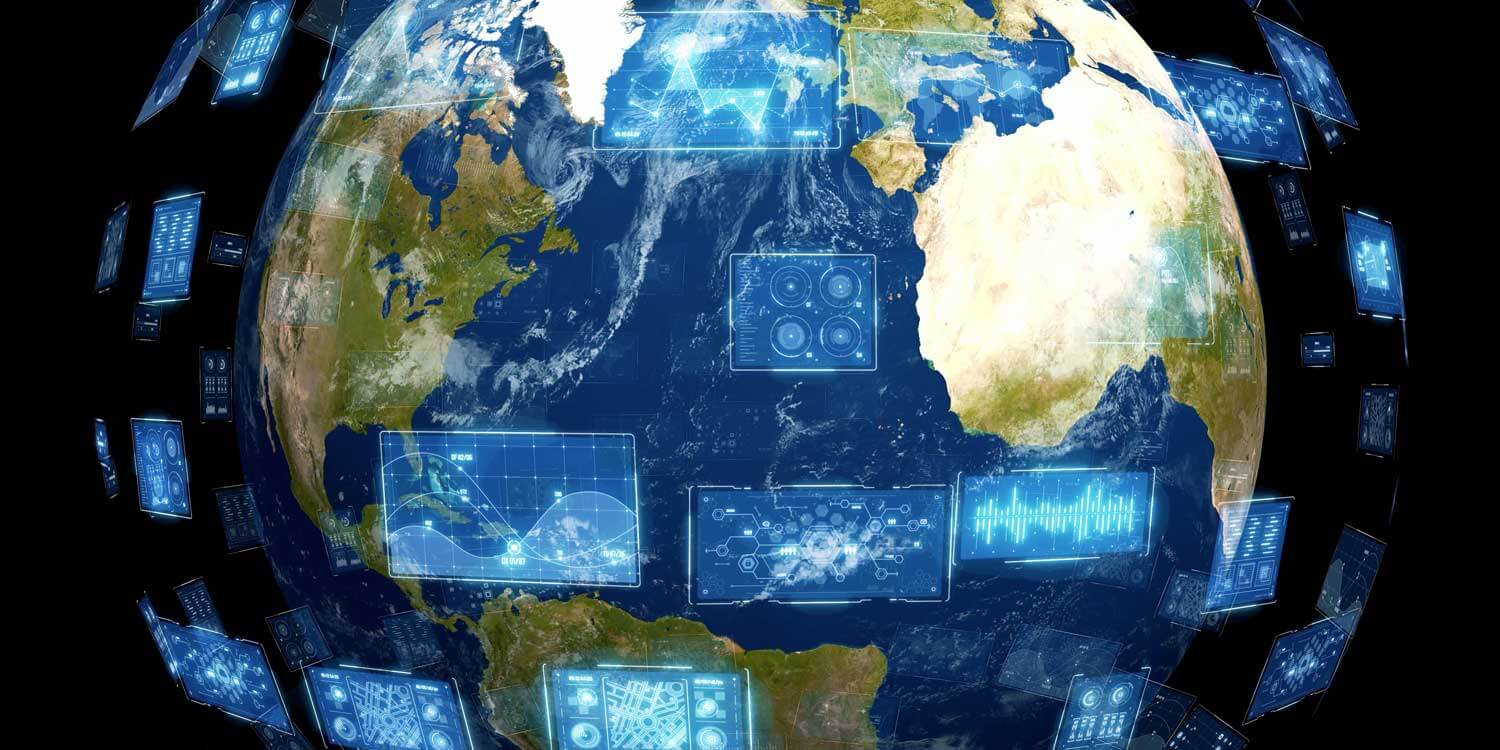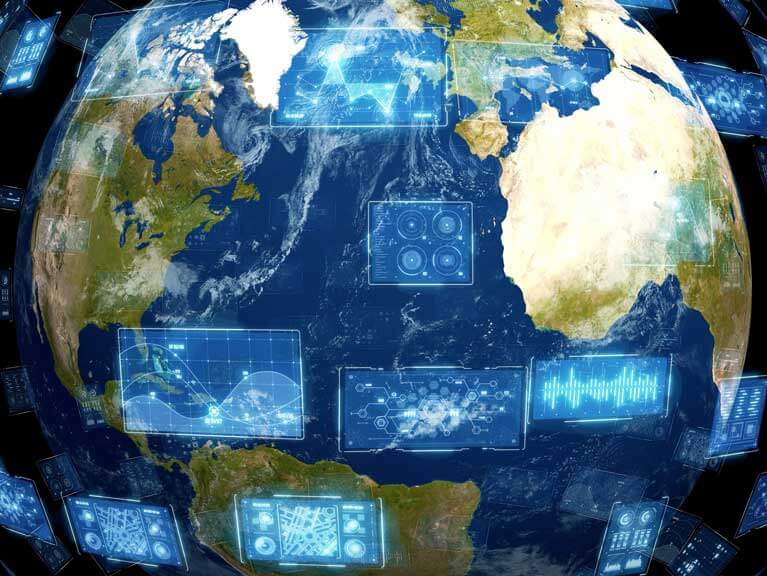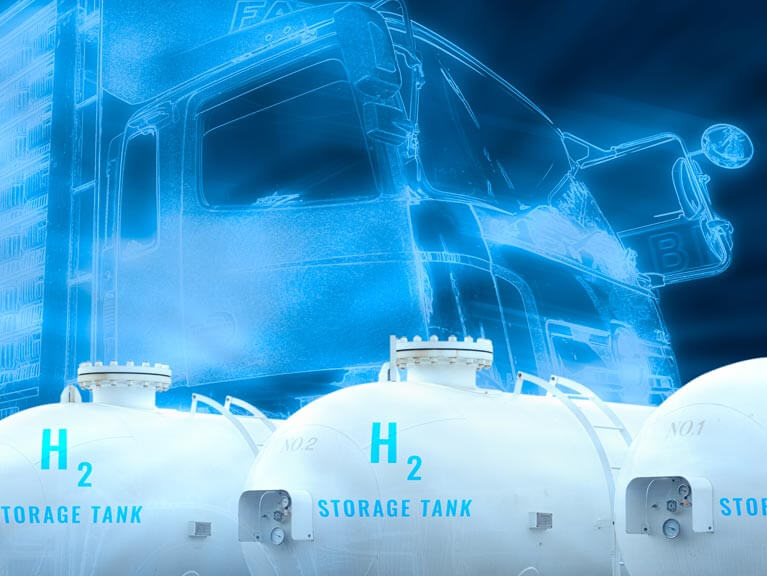Sustainability
NGS Super secular trends: geopolitics
15 Aug 2023
5 min read
Each year, our Investments team sets the strategic asset allocation for our portfolio. As part of this exercise, we produce an in-depth research piece on upcoming “secular trends”.
What are secular trends and why do they matter?
Secular trends are evolving trends in the market that take place over a longer time horizon, rather than being seasonal or cyclical. It’s important for us to understand secular trends when we’re reviewing and setting our long-term strategic asset allocation, as they help us identify investment opportunities and risks.
Key trends ahead
Our secular trend analysis this year looked at:
- carbon neutrality
- electronic and autonomous vehicles
- 3D printing
- the metaverse
- demographic changes
- quantum computing
- geopolitics
- blockchain, decentralised finance and cryptocurrency
- the hydrogen economy.
This article focuses on geopolitics.
Geopolitics
Geopolitics describes how geography affects the politics or relations between countries. Conflicts between countries and regions — as well as alliances — can have significant effects beyond the borders of the countries involved.
According to a recent historical analysis by veteran investor Ray Dalio,1 there are 5 major types of conflicts:
- Trade/economic wars: Conflicts over tariffs, import/export restrictions, and other ways of damaging a rival economically.
- Technology wars: Conflicts over which technologies are shared and which are held as protected aspects of national security.
- Geopolitical wars: Conflicts over territory and alliances that are resolved through negotiations and explicit or implicit commitments.
- Capital wars: Conflicts imposed through financial tools such as sanctions (eg cutting off money and credit) and limiting foreign access to capital markets.
- Military wars: Conflicts that involve actual physical warfare and the deployment of military forces.
Since 2016, the US and China have been in a trade and technology war. This continues to intensify, and poses increasing risks to global economic growth and stability, as China (rising power) challenges the US (existing power).
Russia’s invasion of Ukraine in February 2022 has escalated the strategic competition between the US and China as it has essentially forced other nations to take sides. The Russia-Ukraine war could have severe and long-lasting impacts on the current world order and global economies, including:
- bringing a new division of Europe
- signalling the end of the post-cold war order
- deepening Russia's strategic alliance with China
- accelerating the bifurcation of the world into 2 hostile, competing camps
- renewing the focus of US on European security which constrains the US tilt to Asia
- accelerating a global arms race
- Germany may begin to play a more assertive role in European security policy
- Europe will be forced to decide where it stands in the new world order
- the challenge to global democracy will become more pronounced and
- it could embolden others and inflame existing conflicts.2
Geopolitical events are highly unpredictable, but it certainly appears that there are many threats to global political and economic stability already at play.
Are there risks?
When we talk about geopolitics, we are largely talking about risks — the risks of conflict and the social and economic disruption that follows.
From an investment perspective, there are a number of risks, including sudden instability in financial markets, as well as significant disruptions to the financial system. For example, there are discussions about the US dollar’s ability to maintain its position as the world’s dominant reserve currency — that is, a foreign currency held by central banks and governments and used for international transactions and investments. Although we think it is unlikely that the US dollar will lose its primacy in the near term, we have allocation to gold in the portfolio to hedge such unexpected risks.
What does this mean for NGS Super’s portfolio?
For any investor in an environment of increasing geopolitical risk/uncertainty, it’s important to:
- make sure the portfolio is diversified
- emphasise top-down country and region selection (that is, prioritising country and region when selecting assets)
- invest in regions, countries, companies and assets that are stable (such as countries outside of conflict regions and with internal stability)
- avoid areas where conflict is likely
- stay invested in technological advancement and renewable energy transition as these are likely to be increasingly important.
NGS will also engage with key partners, including strategists (geopolitical, government policy), specialised consultants, academics and think tanks, and specialised fund managers to help us to make more informed decisions about the portfolio.
1 Dalio R (2021) Principles for dealing with the changing world order. Simon & Schuster.
2 Economist Intelligence Institute (2022) Ten ways the war in Ukraine will change the world.





